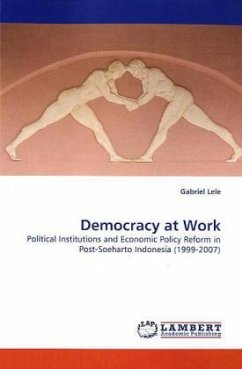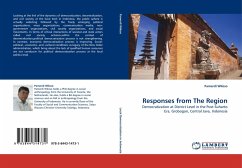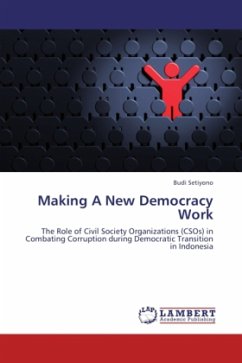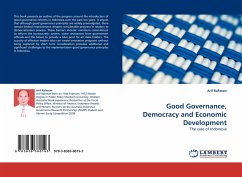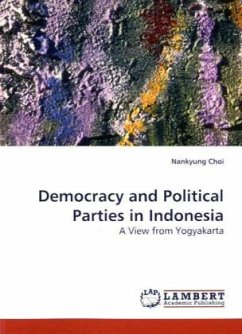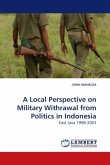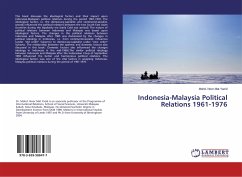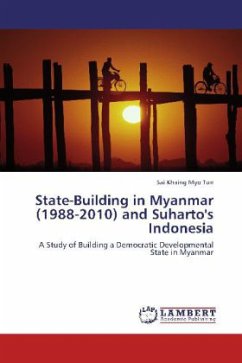This book investigates the effect of political institutions in Post-Soeharto Indonesia. Using institutional approach, it tries to extend the debate on how governance problems should be perceived under the new democratic arrangements. It argues that while actors and interests are important predictors of political outcomes, more attention needs to be paid to the effect of institutional arrangements. This is one way of closing the gap in studies on post-Soeharto Indonesia where the effects of political institutions are still underplayed. While its focus is Indonesia, this book has several merits for general scholars and practitioners. It extends the studies on the effect of political institutions, broadens the investigation on the interplay between governance and governability, and by showing the effect of institutional arrangements, it helps transitional countries like Indonesia to engineer their institutions to secure the prospect of democratic consolidation. This book is especially a very useful resource for those who have passion on democracy development and Indonesia as one of the biggest democracies in the world undergoing many significant reforms during the last one decade.
Bitte wählen Sie Ihr Anliegen aus.
Rechnungen
Retourenschein anfordern
Bestellstatus
Storno

